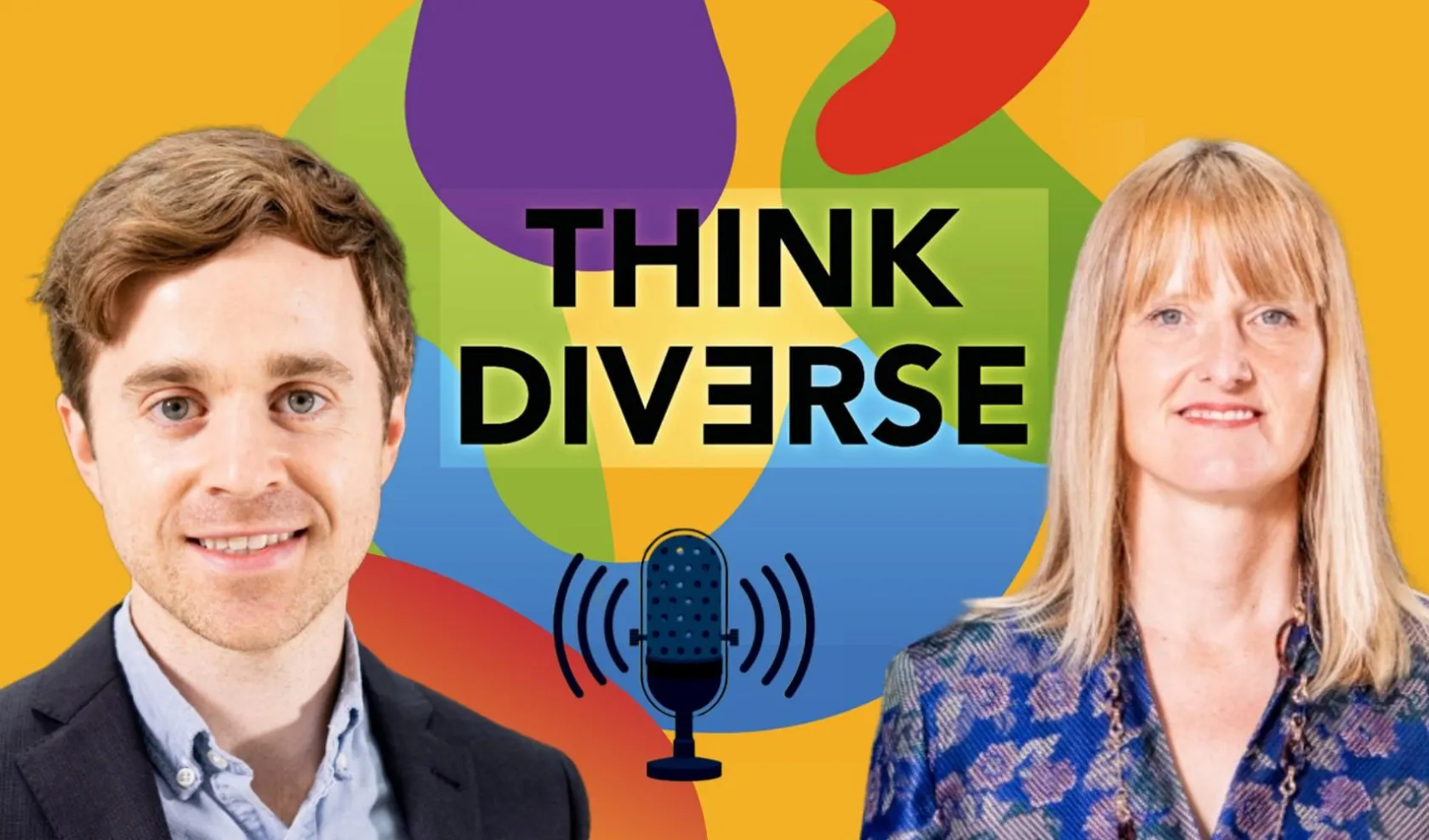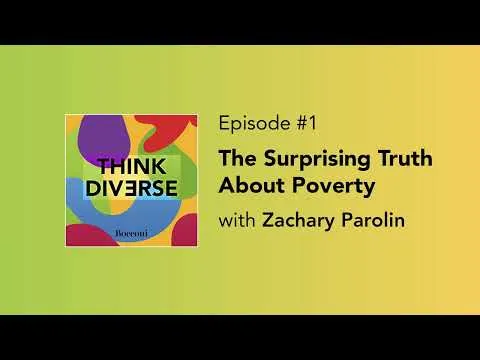
Think Diverse, the Podcast About a More Inclusive World
Diversity is changing society, the economy, and our daily lives. Everyone deserves to thrive, regardless of gender, gender identity, religion, national origin, ethnicity, socio-economic background, sexual orientation, disability or mental health needs – and when this happens, it benefits all of society. Bocconi University launches THINK DIVERSE, the podcast that chronicles this evolution.
In each episode Catherine De Vries, Dean for Inclusion and Diversity, hosts the stories of those who do actionable research with an impact on these issues in order to develop "knowledge that matters," as the University's motto goes.
THINK DIVERSE wants to speak to everyone and can be heard on the major podcast platforms - Spotify, Apple Podcasts, Spreaker and Google Podcasts - as well as on YouTube.
In the first episode of the series, Zachary Parolin, Assistant Professor at Bocconi Department of Social and Political Sciences, explains how US poverty rates could drop to an all-time low in 2020, in the thick of a pandemic.
"Effective government support can reduce poverty rates," says the scholar.
Parolin tells that, when unemployment rose to 20%, a level not seen since the Great Depression, the American federal government stepped in like never before with new forms of cash assistance, which lowered the poverty rate in the US from 19.8% in 2019 to 9.1% in 2020, thus lifting three million Americans above the poverty line.
Such forms of assistance included stimulus checks, extended access to unemployment benefits, and, in 2021, unconditional child benefits.
The key lesson of the pandemic period in terms of the fight against poverty, Parolin says, is that high unemployment and economic shocks do not necessarily have to raise poverty or material hardship. Governments have the responsibility and the capability to reverse the process with direct income support. A more generous welfare state is good for all families.
"The temporary measures that worked so well during the pandemic should be extended to prevent the US from going back to pre-COVID poverty rates," Parolin concludes.
Listen the episode and follow the series on:
Spotify
Apple Podcasts
Spreaker
Google Podcasts
The Surprising Truth About Poverty | Podcast #1
